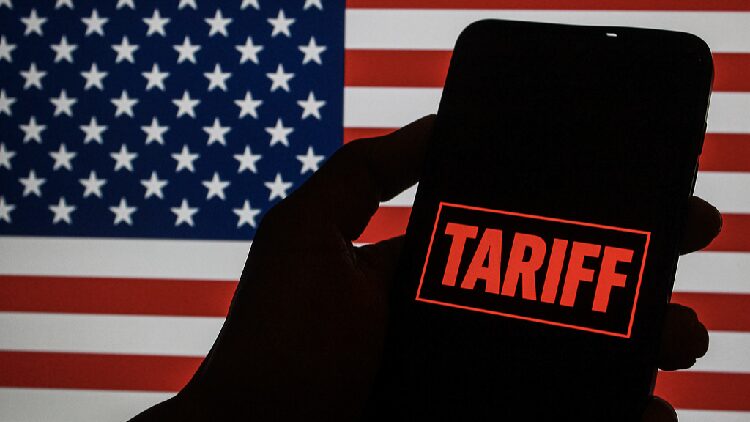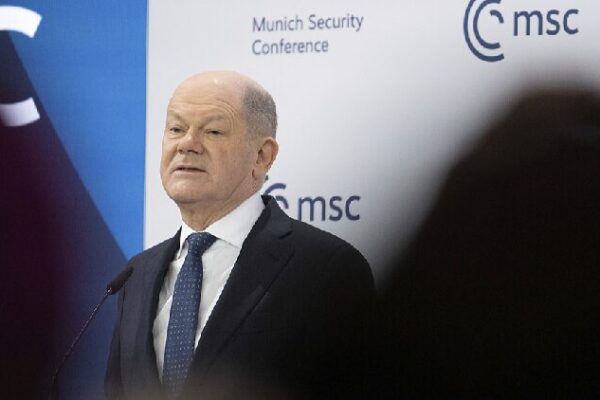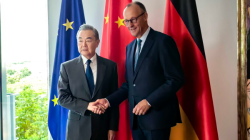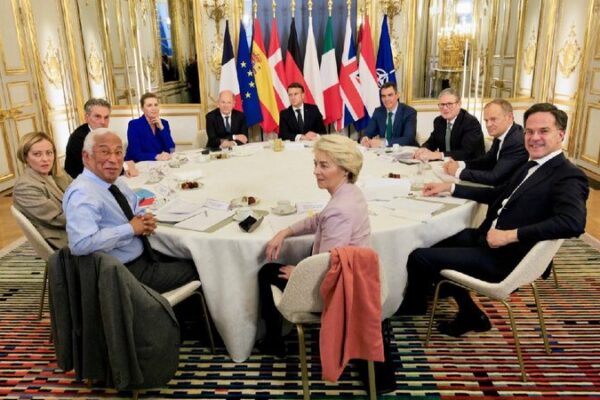The ripple effects of U.S. tariffs are shaking up global alliances, as key partners reconsider their ties with Washington. The U.S. administration’s trade policies are not only disrupting markets but also putting long-standing relationships to the test.
Japan, one of the U.S.’s closest allies, has expressed concern over the impact of tariffs on its automobile industry. Prime Minister Fumio Kishida has emphasized the importance of free and fair trade, urging dialogue to resolve trade disputes.
Similarly, Germany has voiced apprehension about the potential for escalating trade wars. German Chancellor Olaf Scholz warned that increased tariffs could harm the global economy and undermine international cooperation.
In Canada, Prime Minister Justin Trudeau has responded to U.S. tariffs by implementing countermeasures. He described the U.S. tariffs on steel and aluminum as “unfair and unacceptable,” leading Canada to impose retaliatory tariffs on U.S. products.
French President Emmanuel Macron has also urged caution regarding trade tensions. He called for solutions that support multilateralism and warned against the risks of protectionism.
Financial markets are taking note. Reports indicate that investors are re-evaluating their U.S. investment strategies due to the instability caused by tariffs. Concerns over trade disputes have led to increased market volatility and uncertainty.
The strain on alliances is evident. Countries that have long-standing trade relationships with the U.S. are now facing economic challenges due to increased tariffs. Industries such as automobile manufacturing and steel production are particularly affected.
As U.S. allies reassess their ties, the global economic landscape is entering uncharted territory. The ongoing tariff tensions not only threaten economic growth but also the foundations of international cooperation forged over decades.
Reference(s):
U.S. tariff war drives allies to reassess ties with Washington
cgtn.com








